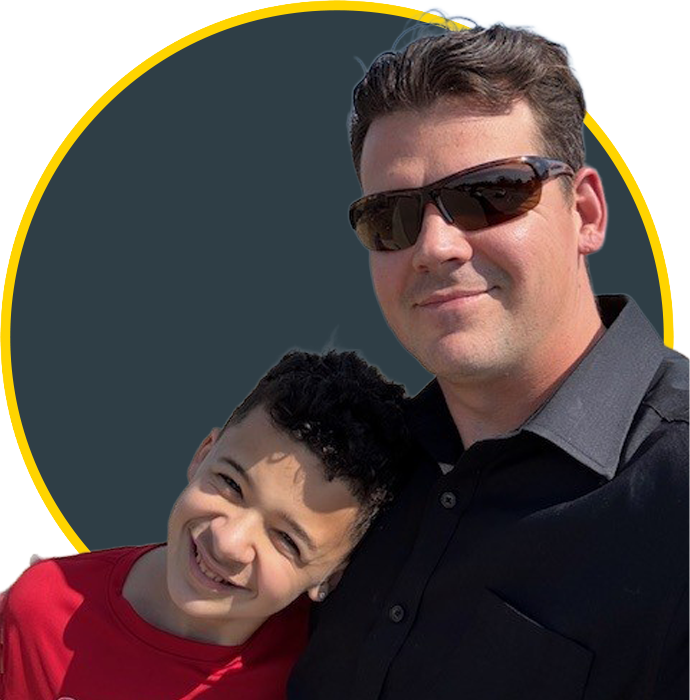Our Program
“ I think most importantly they have given me the opportunity to be successful so I can be the father I need to be for my 10-year-old son who needs his dad.” - Mike
One Mission. Four Services.
The Redemption Project’s mission is to ignite potential and transform lives through innovative education and powerful partnerships.
We serve justice-impacted individuals and advocate on their behalf so that they can successfully reenter society and redeem their lives, from a life of hopelessness and despair to a life full of purpose and destiny. We accomplish this through four interconnected services.
1 - Educate
Through the Virtues for Success class, our justice-impacted participants learn to evaluate their values and thoughts, think critically, problem-solve, and develop good character by applying virtues to their lives. Participants also learn concepts and skills to help them succeed in life. Class graduates become TRP “Fellows” and continue learning by attending monthly TRP Fellow meetings.
2 - Partner
During the VFS class, TRP connects participants to Community Partners who help them build the support system and resources necessary for re-entry and successful employment. After graduating, monthly TRP Associates meetings in prison also serve as a built-in pro-social community of group mentoring. Once released, our Associates continue receiving group and one-on-one mentoring to ensure a successful transition back into society.
3 - Advocate
We believe that no life is beyond hope, that redemption is possible, and that every person has a destiny, a choice, to create and live a good life after incarceration. We advocate for our participants/Associates while in the corrections system, with potential employers, and within the community to help others see that redemption is possible and give our Associates every opportunity to fulfill their destiny toward obtaining a good life.
4 - Support
Once released, our Associates receive support to help them redeem their past and create successful futures. We connect our Associates with true second-chance, felon-friendly employers who can provide meaningful employment at a livable wage. Associates can also seek employment elsewhere with a letter of recommendation from TRP. We provide financial resources upon re-entry to help them establish a foundation for a successful future. If needed, we can also connect them with other non-profit resource partners to meet their specific needs for re-entry, which we do not provide. Our support of TRP Associates does not end; it is available for life.

